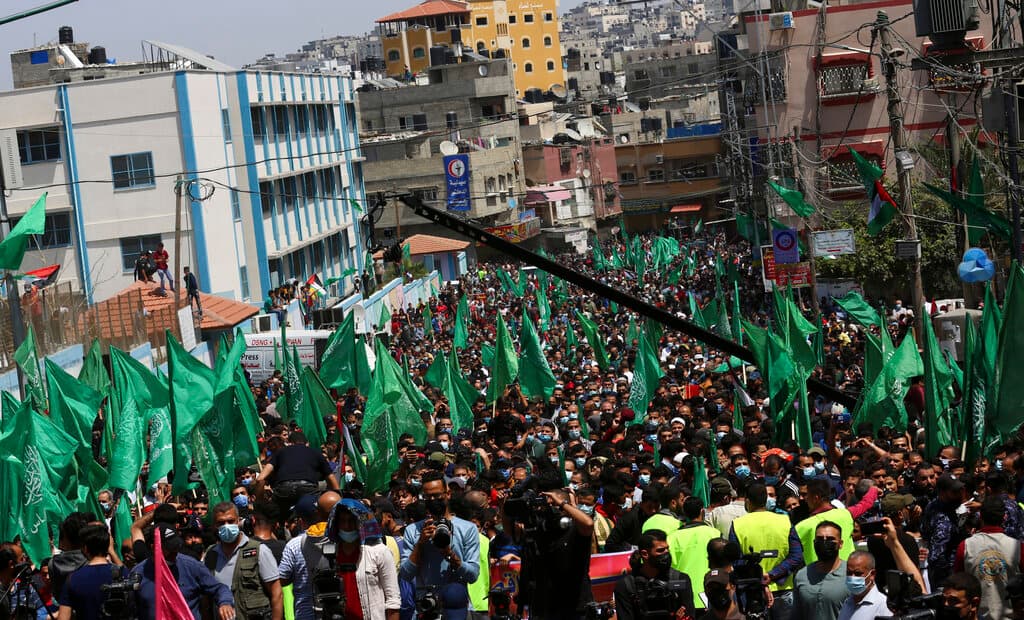Israel Nails Secret War in Gaza Over Rigged Palestinian Polling To Make Hamas Appear To Be Popular
It now appears that only a minority of Gazans, 30 percent, believed Hamas would emerge victorious, while 51.2 percent thought Israel would.

Skeptical about polls predicting the result of the November election? Think again. With all their failures, they’re the epitome of credibility compared with Palestinian polling in Hamas-controlled Gaza.
A widely-cited March poll of Gazans showed that residents of the Gaza Strip support Hamas by sizable margins. According to the poll, published by the Palestinian Center for Policy and Survey Research, most Gazans favor the Hamas leader there, Yahya Sinwar, and give the thumbs-up to the massacre of Israelis that started the war.
A login link has been sent to
Enter your email to read this article.
Get 2 free articles when you subscribe.

